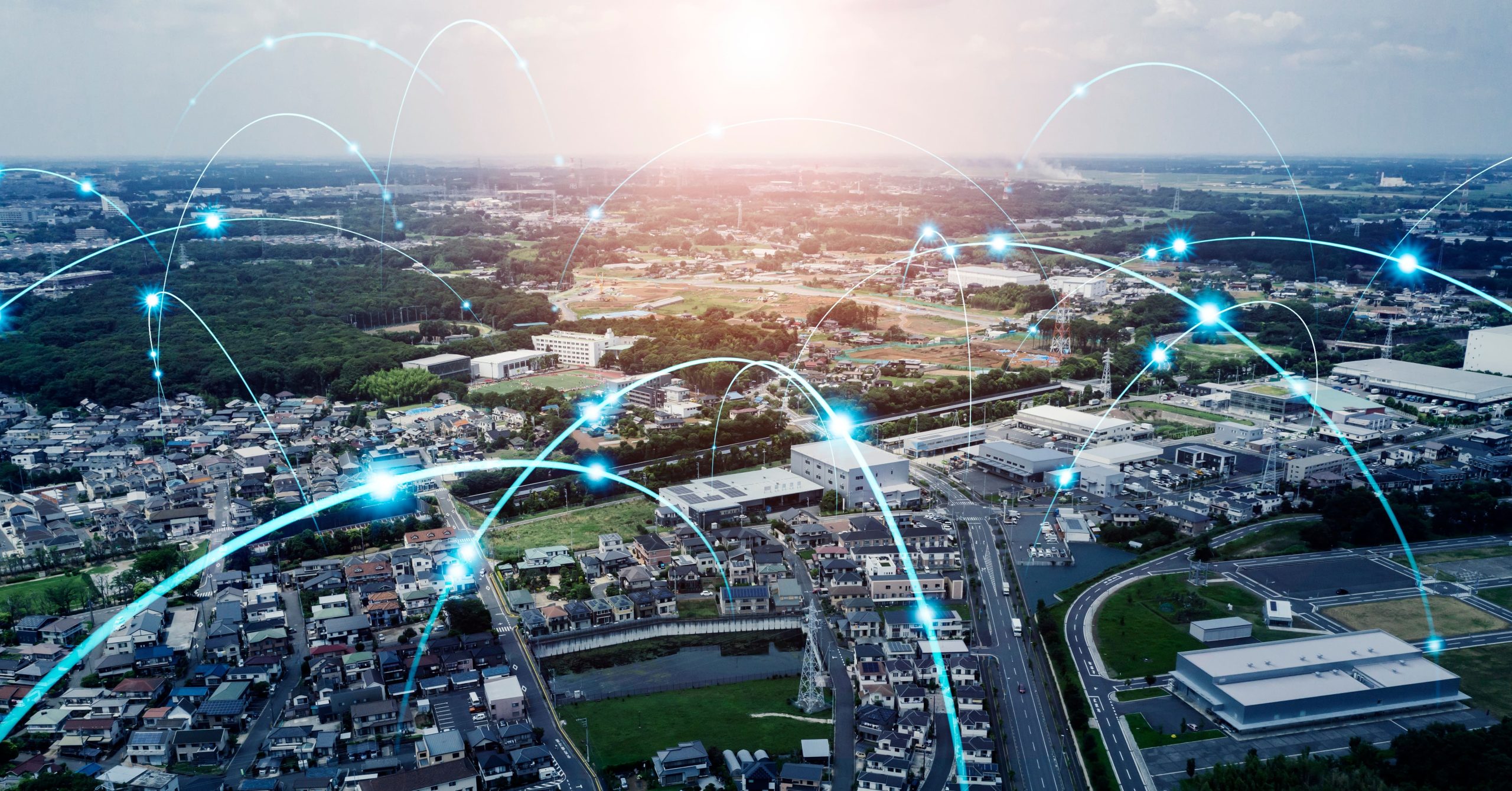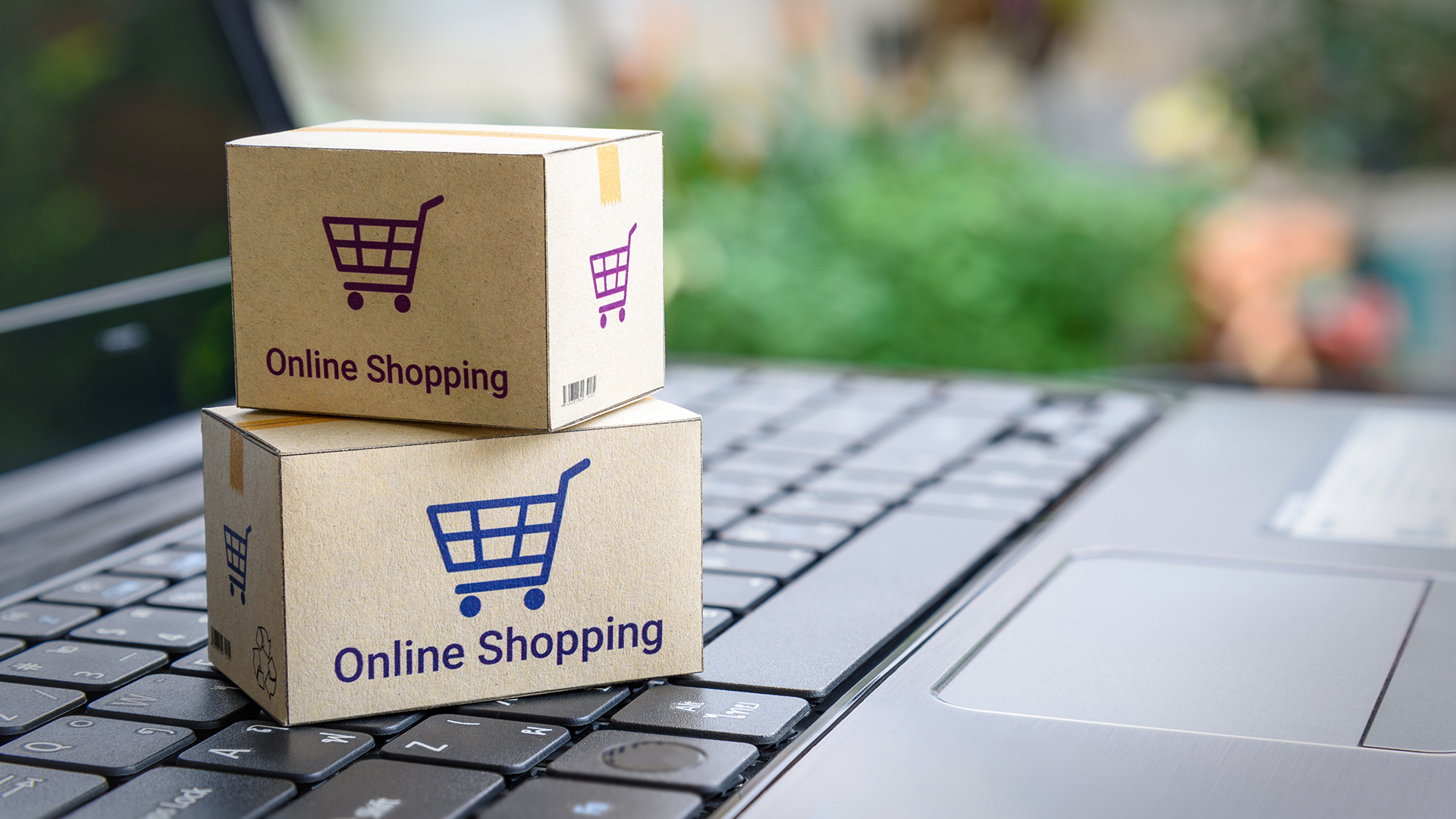E-Commerce Evolution: From Online Marketplaces to a Global Digital Economy
- 4 September 2024
- 8 min to read
- 717 views

E-commerce has fundamentally reshaped the global retail landscape, evolving from basic online stores to a sophisticated digital economy that encompasses a wide range of products and services. This transformation has been marked by rapid technological advancements, shifting consumer behaviors, and an increasingly competitive market environment.
In this blog, we’ll explore the major milestones in the evolution of e-commerce, current trends, and what the future holds.
The Early Days of E-Commerce: Laying the Foundation
E-commerce began in the early 1990s, with companies like Amazon and eBay pioneering online sales. Initially, e-commerce was a niche market, primarily focused on books, collectibles, and small electronics. According to Statista, global e-commerce sales were approximately $2.3 trillion in 2017 and have since grown to an estimated $5.2 trillion in 2021, showcasing its rapid expansion.
These early platforms laid the groundwork for online transactions, establishing key principles like secure payment processing, efficient logistics, and user-friendly interfaces. Over time, more businesses recognized the potential of online sales, leading to the diversification of products and services offered online.
The Mobile Revolution: Shopping on the Go
The advent of smartphones marked a significant turning point in the e-commerce landscape. Mobile commerce, or m-commerce, allowed consumers to shop from anywhere at any time, dramatically increasing accessibility and convenience. In 2020, mobile devices accounted for nearly 72.9% of total e-commerce sales worldwide, underscoring the importance of mobile-friendly websites and apps.
The rise of mobile shopping also led to innovations such as one-click purchasing, mobile payment solutions like Apple Pay and Google Wallet, and the integration of voice search and voice-activated shopping through digital assistants like Siri and Alexa. These advancements have made the shopping experience faster and more intuitive, driving higher conversion rates and customer satisfaction.
The Role of Social Media: A New Era of Social Commerce
Social media has become an integral part of the e-commerce strategy for many businesses. Platforms like Facebook, Instagram, and Pinterest have evolved from mere social networking sites to powerful e-commerce tools, allowing businesses to reach consumers directly through targeted ads, influencer partnerships, and shoppable posts. In 2022, social commerce sales in the United States were estimated to be around $45 billion, reflecting a growing trend where social media platforms double as digital storefronts.
Influencer marketing, a subset of social commerce, has become particularly effective. Brands collaborate with influencers to reach specific audiences, build trust, and drive sales.
AI and Machine Learning: Enhancing Personalization and Efficiency
Artificial Intelligence (AI) and Machine Learning (ML) have revolutionized the e-commerce industry by offering enhanced personalization, better customer service, and optimized logistics. AI algorithms analyze user data to provide personalized product recommendations, improving customer experience and increasing sales. According to a McKinsey report, personalization can increase sales by up to 15%.
Additionally, AI-powered chatbots and virtual assistants provide real-time customer support, reducing response times and enhancing customer satisfaction. In logistics, AI optimizes inventory management, demand forecasting, and delivery routes, resulting in cost savings and improved efficiency.
Future Trends: The Next Frontier of E-Commerce
The future of e-commerce is poised to be even more dynamic, driven by emerging technologies and changing consumer expectations. Here are some key trends to watch:
- Augmented Reality (AR) and Virtual Reality (VR): These technologies are transforming the online shopping experience by allowing customers to visualize products in real-time. For example, furniture retailers use AR to let customers see how a piece will look in their home before purchasing.
- Voice Commerce: As smart speakers become more prevalent, voice commerce is expected to grow. Consumers can place orders, check delivery statuses, and more through voice commands, making the shopping process more convenient.
- Sustainability and Ethical Shopping: Consumers are becoming more conscious of their environmental impact, pushing brands to adopt sustainable practices. E-commerce companies are focusing on eco-friendly packaging, carbon-neutral shipping, and sustainable product lines to meet these demands.
- Blockchain Technology: Blockchain can enhance the transparency and security of online transactions. It’s particularly useful for verifying the authenticity of products and ensuring secure payment methods.
Meest International: Adapting to the Evolving E-Commerce Landscape
As e-commerce continues to evolve, companies must stay agile and innovative to remain competitive. Meest International is a prime example of a company that has successfully adapted to these changes. Specializing in logistics and parcel delivery, Meest International has leveraged its expertise to meet the growing demands of e-commerce.
With a robust global network, Meest International offers comprehensive shipping solutions for e-commerce businesses looking to expand their reach. The company provides end-to-end services, including customs clearance, warehousing, and last-mile delivery, ensuring a seamless experience for both businesses and consumers.
The evolution of e-commerce from simple online marketplaces to a comprehensive digital economy is a testament to the transformative power of technology and consumer demand. As new trends emerge and technology continues to advance, businesses must remain flexible and forward-thinking.
By staying ahead of these trends, businesses can not only survive but thrive in the evolving e-commerce landscape, meeting the needs of today’s tech-savvy and increasingly demanding consumers.




